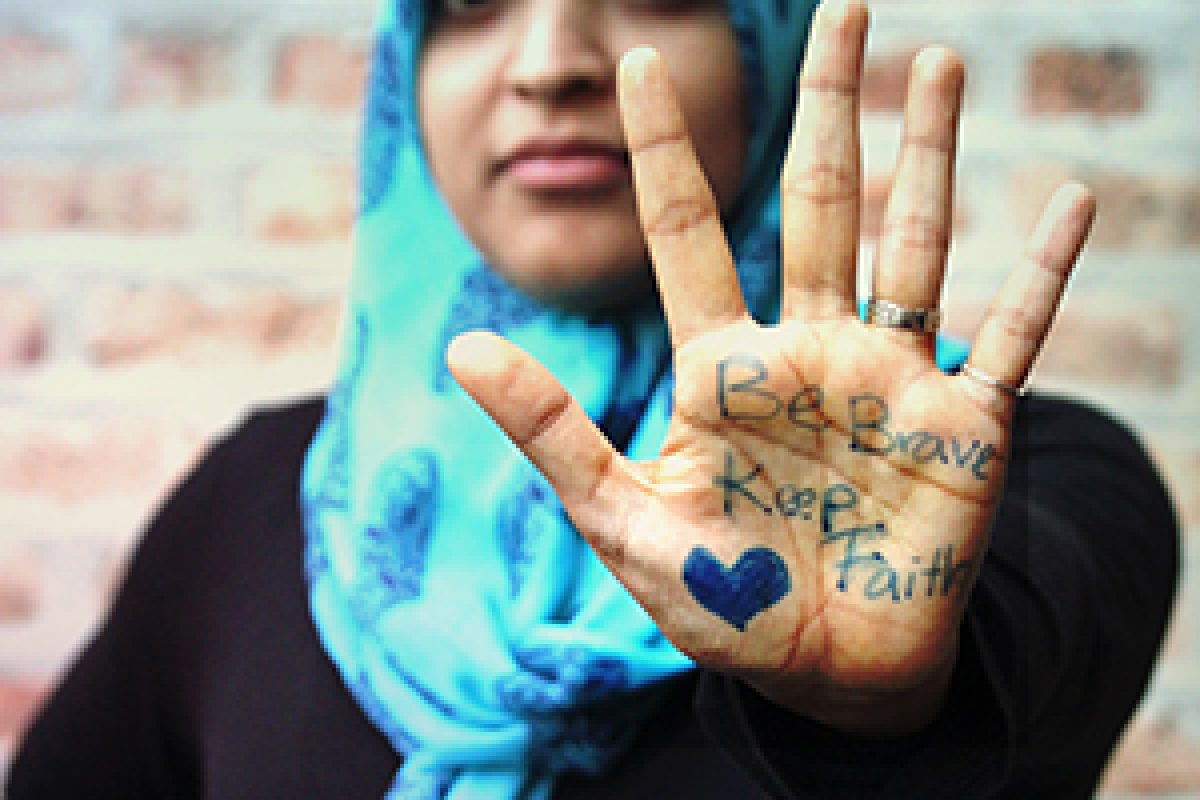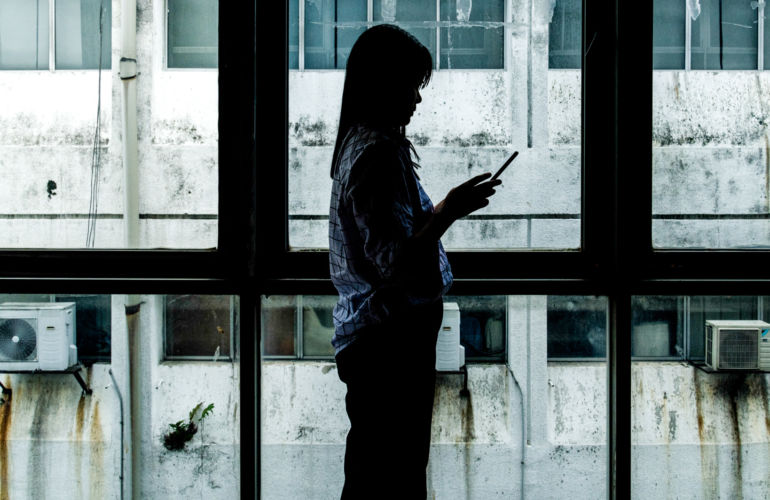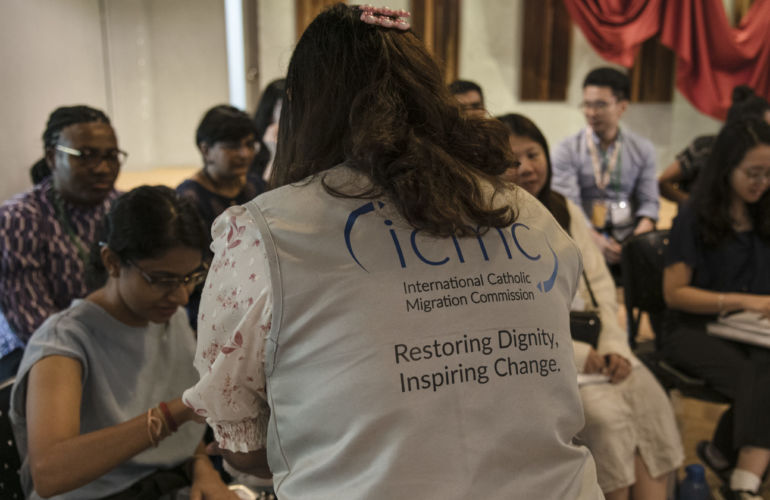Maliha, a Rohingya Woman Resettled From Malaysia to the USA

Maliha* is a young Rohingya woman. The Rohingya are an ethnic Muslim minority from Myanmar, a State in Southeast Asia also known as Burma. Without official legal recognition in their own country, stateless and marginalized, the Rohingya lack access to basic services, such as health care and education.
In the 1980’s, Maliha’s mother fled to Malaysia and found refuge in the Kuala Lumpur area. This is where Maliha and her two sisters were born. Until recently, Maliha never possessed an ID card, a passport or license. She had nothing to document her existence. Since Malaysia is not a State party to the 1951 Refugee Convention, there is no legal framework in the country to ensure respect for minimal rights and access to services for refugees. Such persons are considered “illegal”: they are not allowed to work or to pursue an education. As a young girl, Maliha spent her days helping her mother with household chores and hiding from the local authorities, knowing that – if discovered – she may get exposed to violence, exploitation, and harassment.
At the age of seventeen, Maliha learned about the Refugee Women’s Protection Corps (RWPC), a group of Burmese volunteers who offer peer counseling and assistance to survivors of sexual and gender-based violence. Trained by ICMC, these volunteers reach out to women and children to raise awareness about such violence and to provide a safe space for victims of violence and abuses.
Maliha applied to become part of the RWPC, and she was accepted. After starting her new job, she soon realized how useful her support could be within the Burmese community. In addition to suffering from the difficult condition of being refugees in Malaysia, many women and children were experiencing domestic violence at the hands of their husbands or families. Maliha carefully listened to their stories, helped both adults and children recognize abuse, and provided advice on ways to overcome their difficult situation. “I also told them that they had a right to speak up”, Maliha recalls. “So many suffer in silence”.
A few years ago, Maliha’s application for resettlement to the United States was approved. After a long screening process, Maliha and her family were finally able to take a flight to Chicago and start a new life as permanent residents of the United States.
Today, she feels safe, free, and lucky. “I feel blessed to have had the incredible opportunity of becoming a citizen of the United States of America. I no longer have to hide from police or fear authorities. I can work and attend school at night.”
In the United States, Maliha continues to help the Rohingya community by translating for those who are still unable to speak English. In December last year, she and her husband found an apartment in the same building where her mother and sister reside. Maliha also gave birth to a baby girl, the first person in the family to be born in a country which they can safely and legally call “home”.
*The name has been changed to protect the identity of the person


